Publications
Articles, publications, books, tools and multimedia features from the U.S. Institute of Peace provide the latest news, analysis, research findings, practitioner guides and reports, all related to the conflict zones and issues that are at the center of the Institute’s work to prevent and reduce violent conflict.
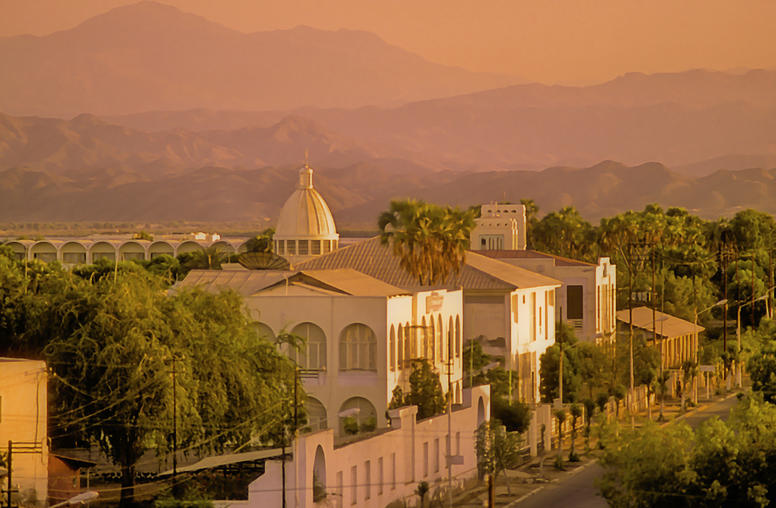
Amid Red Sea Rivalries, Eritrea Plays for Independence
When Eritrea’s president last month hosted the leaders of Ethiopia and Somalia to discuss “regional cooperation,” that initiative drew few global headlines. Still, Eritrea’s move should be noted by policymakers and others working for stability in the Horn of Africa and the Red Sea region. For years, President Isaias Afwerki’s disdain for multilateral forums such as the African Union, and his strained relations with many governments in the region, have contributed to caricatures of Eritrea as the “North Korea of Africa.” But his invitation for two neighbors to discuss a new regional bloc reflects an important factor in Eritrea’s foreign policy: its efforts to preserve its independence in a fast-evolving geopolitical environment.
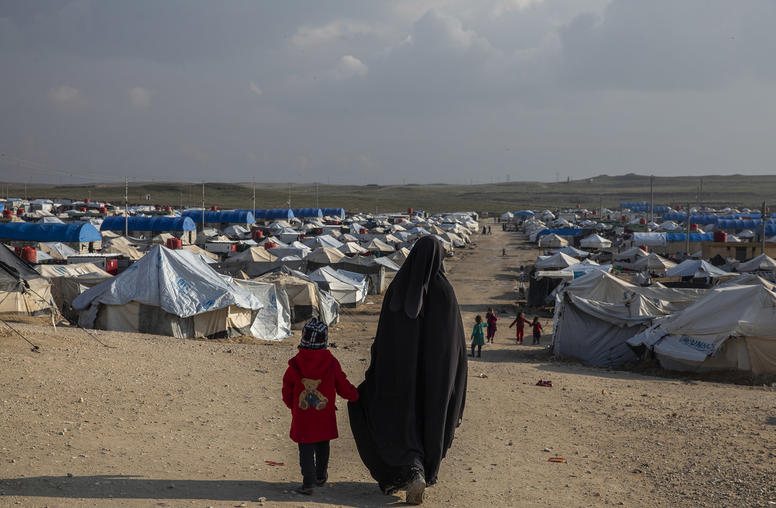
Children Are Neglected Victims of Syria’s War
As the war in Syria enters its tenth year, the conflict’s disproportionate toll on children underscores the generational challenge that lies ahead. An enduring political solution to the conflict remains a distant prospect, but humanitarian interventions to assuage Syrian children’s suffering must be prioritized today. An end to the fighting would be the most impactful development, but in the interim, intensifying efforts to address trauma, diminish early marriage and child labor, and rejuvenate education can help relieve some of the pain and begin to rescue the generation that holds Syria’s future.
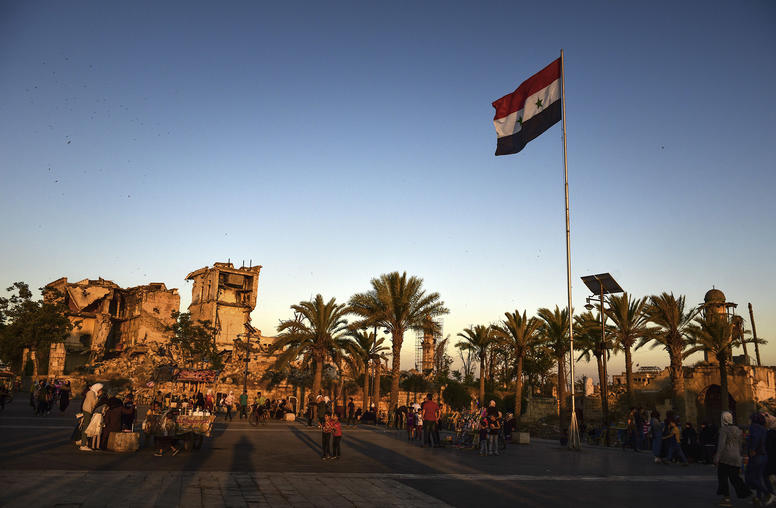
After Nine Years, Syria’s Conflict Has Only Become More Complicated
In March 2011, as the Arab world was roiled by demonstrations, protests broke out in Syria to demand political reform after four decades of Assad rule. Nine years later, the Assad regime is on the offensive against the last rebel stronghold of Idlib, with Russia, Turkey and Iran all heavily invested in the conflict. The humanitarian consequences for Syrians cannot be overstated and a political solution to conflict seems as distant as ever. USIP’s Mona Yacoubian discusses the dreadful toll on the Syrian population and what the battle for Idlib means for the trajectory of the conflict.
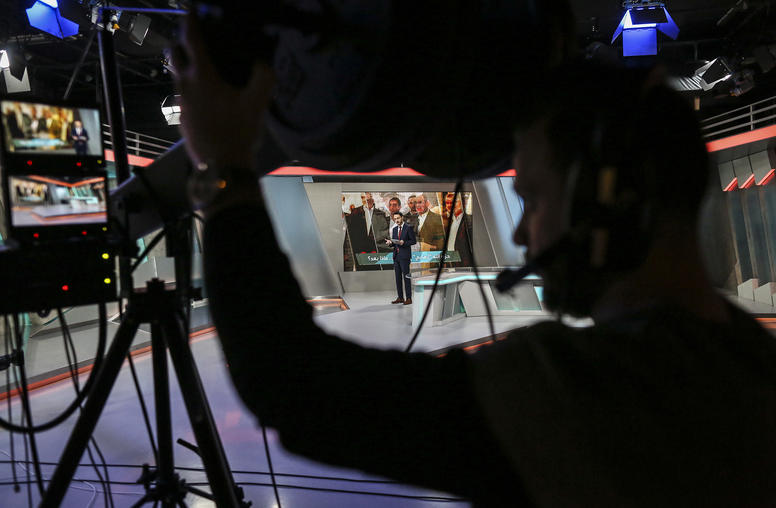
Rethinking Media’s Role in Conflict and Peace in the Middle East
In 2014, the world watched in disbelief, as global news networks covered the stream of gruesome and horrific beheading videos released by the so-called Islamic State. For the first time, by bringing the terror of the Islamic State directly to the devices in the palm of our hands, it felt personal and close by, rather than across the world in a mysterious land.
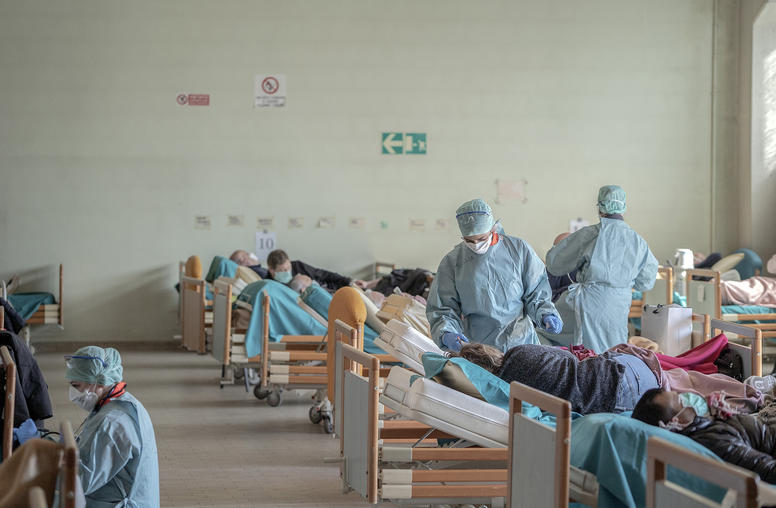
Amid Global Coronavirus Outbreak, What About Refugees?
With COVID-19 officially labelled a global pandemic, the focus for many countries has turned toward protecting their most vulnerable populations. But what about camps for refugees and internally displaced persons (IDPs)? Many camps lack the resources to maintain their already poor infrastructure, and the threat of a COVID-19 outbreak puts millions of displaced persons in a dangerous position. USIP’s Fouad Pervez looks at the unique risks that COVID-19 poses to refugees and IDPs, the impact an outbreak among these groups would have on the global pandemic, and what the international community can do to protect them.
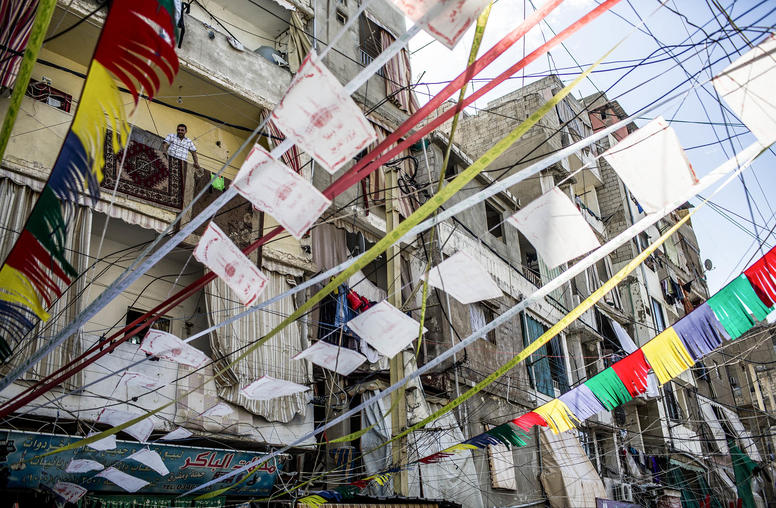
Why the Middle East is Especially Vulnerable to Coronavirus Crisis
As the world grapples with the dangerous and evolving coronavirus pandemic, the impact on the most vulnerable populations—the homeless, prison populations, and the impoverished—cannot be overestimated. In the Middle East, a region already ravaged by conflict and suffering from inadequate services and poor governance, the novel coronavirus could have untold consequences. Refugees and internally displaced people (IDPs) in the region are among the most at risk. Mitigating the impacts of the coronavirus, technically known as COVID-19, on this population will be critical to stanching the spread of the pandemic.
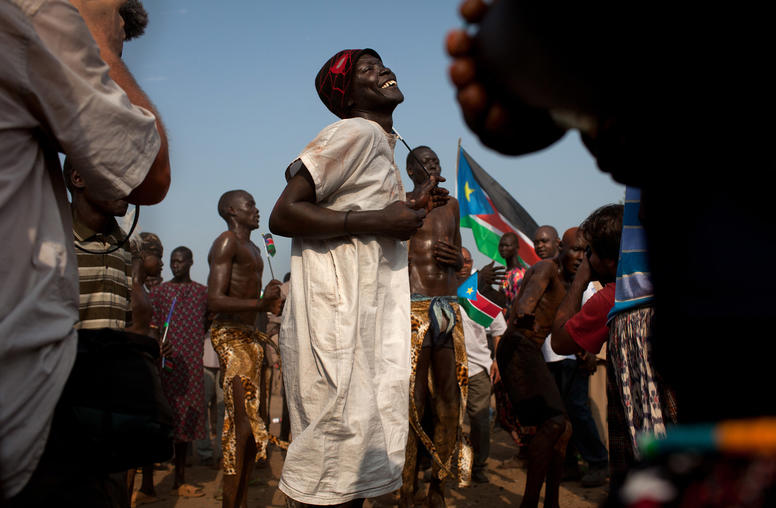
South Sudan’s Transition: Citizens’ Perception of Peace
Last month’s breakthrough between South Sudan’s government and its armed opposition on establishing a new transitional government represents a critical step toward ending the country’s civil war, a conflict that over the past six years has killed more than 400,000 people and displaced a third of the nation’s population of 12 million.
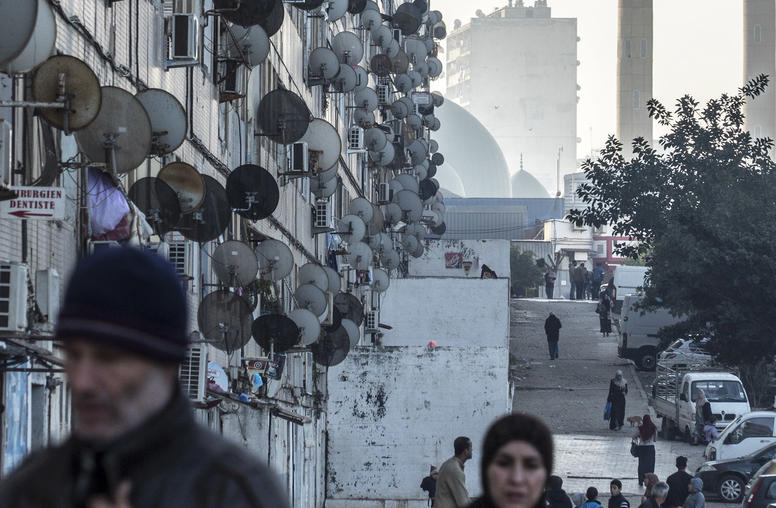
Can Algeria’s Protest Movement Bring Fundamental Change?
Last year, Algerians massed in peaceful protests against the authoritarian, 20-year presidency of Abdelaziz Bouteflika, prompting the military to force his resignation. The demonstrations have brought millions to the streets, demanding greater transparency in government and an end to pervasive corruption within the shadowy mix of military, business, and political elites who dominate the country. While the popular movement has forced once-unthinkable resignations and criminal investigations of powerful figures, its push for more a fundamental overhaul is stalled. The movement, called the Hirak, can continue its pattern of twice-weekly demonstrations, hoping for more government concessions. Or it can adapt its strategy to move beyond the current stalemate. Either approach could risk greater conflict.
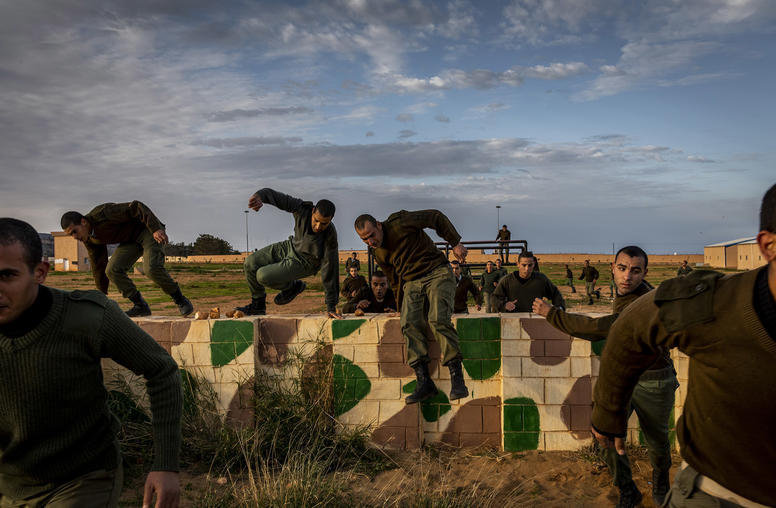
From Foreign Interference to Failed Diplomacy, Libya’s Conflict Drags On
Back in November 2019, the foreign minister of Libya’s U.N.-backed Government of National Accord (GNA), Mohammed Syala, told USIP that the key to ending Libya’s civil war was the cessation of foreign involvement. Yet, despite international efforts, foreign interference—from Turkey to the UAE, from Russia to European states—has only deepened. What’s next for Libya’s civil war and how can the U.N. and European Union (EU) play a constructive role in bringing the conflict to a close? USIP’s Nate Wilson and Thomas Hill discuss the EU’s effort to enforce an arms embargo, the impact of the conflict on Libyan society, Turkey’s involvement in Libya and more.
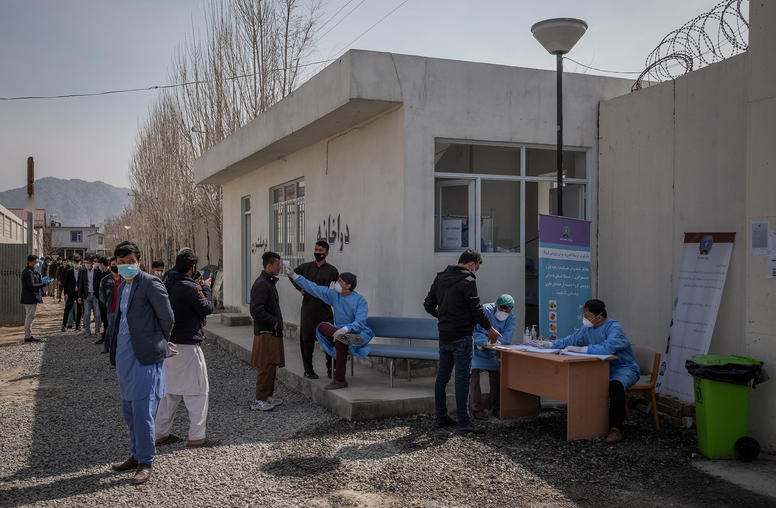
Coronavirus Poses Yet Another Challenge to the Afghan Peace Process
The Afghan peace process has been at a stalemate for weeks, as President Ashraf Ghani and the Taliban remain far apart on the logistics of prisoner releases. Intra-Afghan talks that were tentatively scheduled for March 10 have not got off the ground. Meanwhile, the disputed presidential election has led to two rival camps claiming the legitimacy to govern. U.S. Secretary of State Mike Pompeo’s effort this week to bring the parties together failed and led the U.S. to reduce aid to Afghanistan. Amid all this uncertainty, Afghanistan is beginning to see the signs of a coronavirus outbreak, which could devastate the country given its poor health infrastructure and pollution problems. USIP’s Scott Smith explains how the coronavirus could further exacerbates an already complex situation.